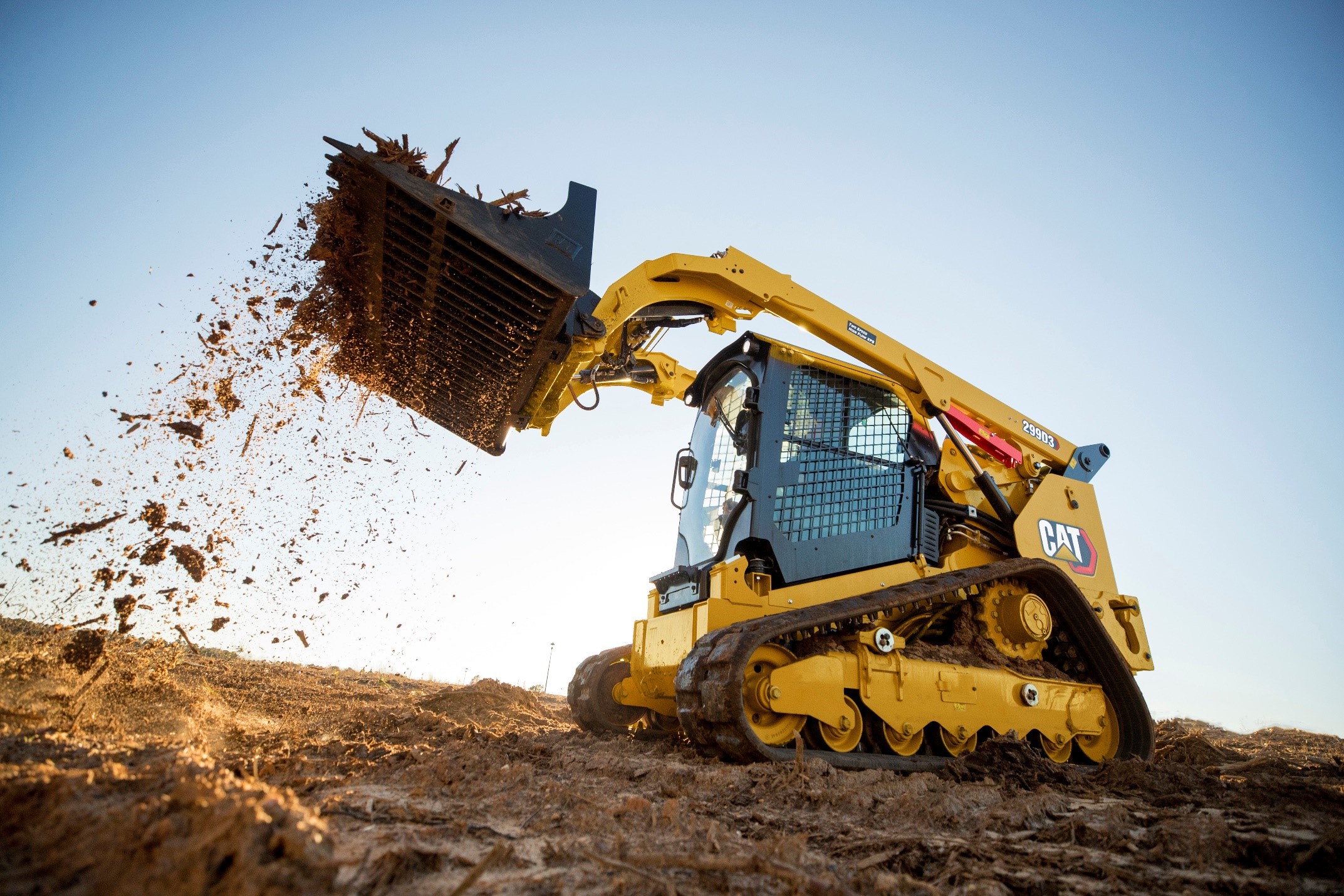When it comes to equipping your industrial business, one of the major decisions you’ll face is whether to invest in new or used machinery. Your final decision will likely depend on various factors, including your budget, production needs, and the company’s growth plans. Keep reading to find out more about these factors and how they might influence your decision.
Benefits of Opting for Used Industrial Equipment
Purchasing used industrial equipment offers numerous advantages. The most obvious benefit is cost savings. Used equipment is significantly less expensive than its brand-new counterparts, making it a popular option among startups and cost-conscious businesses. For example, a used industrial screw compressor from Genemco is a cheaper option than buying it new. When searching for used industrial equipment, Genemco has everything you need for your industrial refrigeration operation. Whether you’re searching for an evaporator, chiller, compressor, or freezer, they have the largest selection to choose from.
Another merit of used equipment is the immediate delivery time. When you purchase new equipment, you will often have to wait for the machine to be manufactured, which can result in downtime. Used equipment can generally be delivered immediately, helping you get your operations up and running quicker.
Furthermore, used equipment is still high quality, especially if it has been properly maintained and serviced in its previous life. In many cases, you can find used industrial equipment that’s almost as good as new, which is often just as efficient and reliable as the latest models.
Deciding Between New and Used Industrial Equipment
Your decision between new and used industrial equipment should take into consideration several aspects. Budget is often a key factor. If you’re a small business or startup with a limited budget, used equipment might be more feasible.
Another consideration is your production needs. If you need a specific piece of machinery or technology to produce your products, such as a reliable electric mixer that is built to certain specifications, you might have no choice but to buy new ones. However, if your production process is more flexible, used equipment might be just as effective.
Finally, consider your growth prospects. If your business is growing rapidly, investing in new equipment can be a way to future-proof your operations and keep up with increasing production demands. But if your growth is more modest, you might find that used equipment serves your needs just as well without the hefty price tag. By opting for used equipment, businesses can allocate their budget toward other essential aspects such as marketing, research, and development. This financial flexibility can greatly contribute to the overall growth of the business.
Another advantage of buying used industrial equipment is that it allows businesses to gain access to advanced technology at a lower cost. Many businesses opt to upgrade their machinery even when the older ones can still meet their operational needs. This creates an opportunity for other businesses to acquire quality used equipment that may still have many years of productive life left.
Dealing With Maintenance and Downtime
One of the major considerations when investing in industrial equipment is how to deal with maintenance and downtime. New equipment usually requires less maintenance upfront, but it’s still imperative to have a robust maintenance plan in place to keep your machinery running smoothly.
For used industrial equipment, the reality is that your machinery may require more regular maintenance or even repairs. By setting aside a portion of your budget for these expenses upfront, you can avoid being hit with unexpected costs and make sure your business continues to run smoothly.
There’s no one-size-fits-all answer to the question of whether it’s better to buy new or used industrial equipment. It ultimately depends on your needs, budget, and growth strategy. Whatever you decide, what’s important is that you make a well-informed decision that supports your business goals now and in the future.
